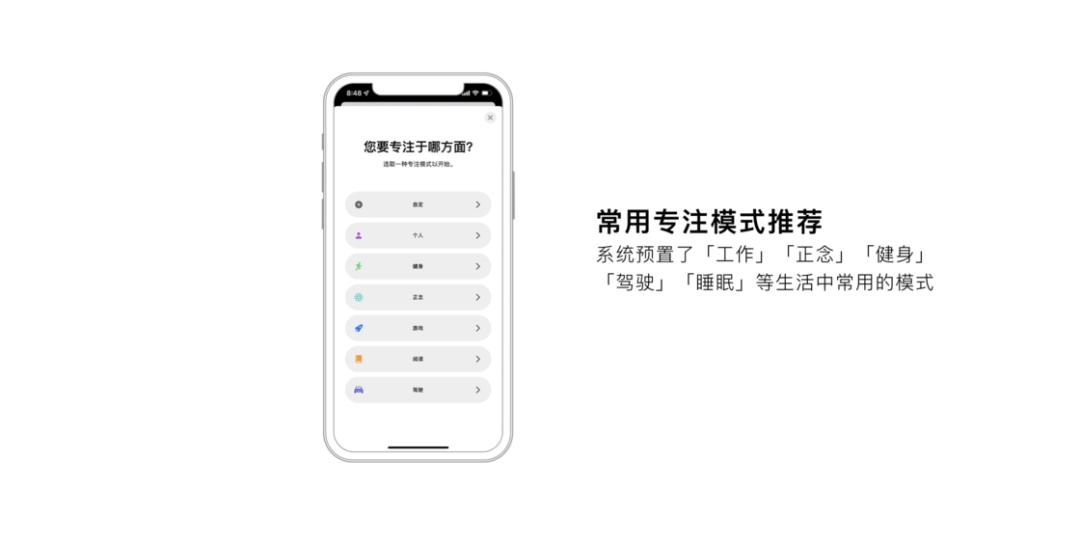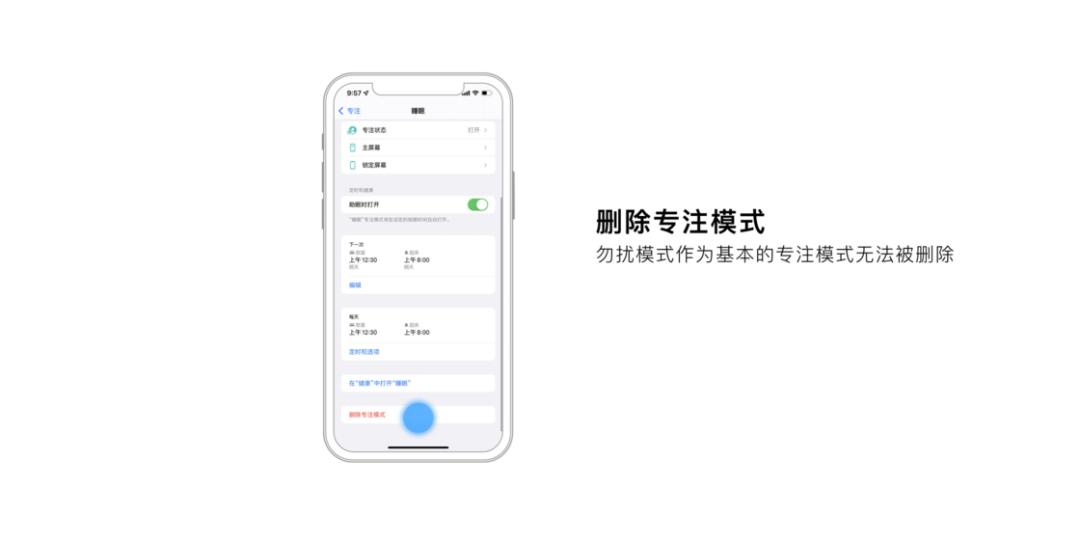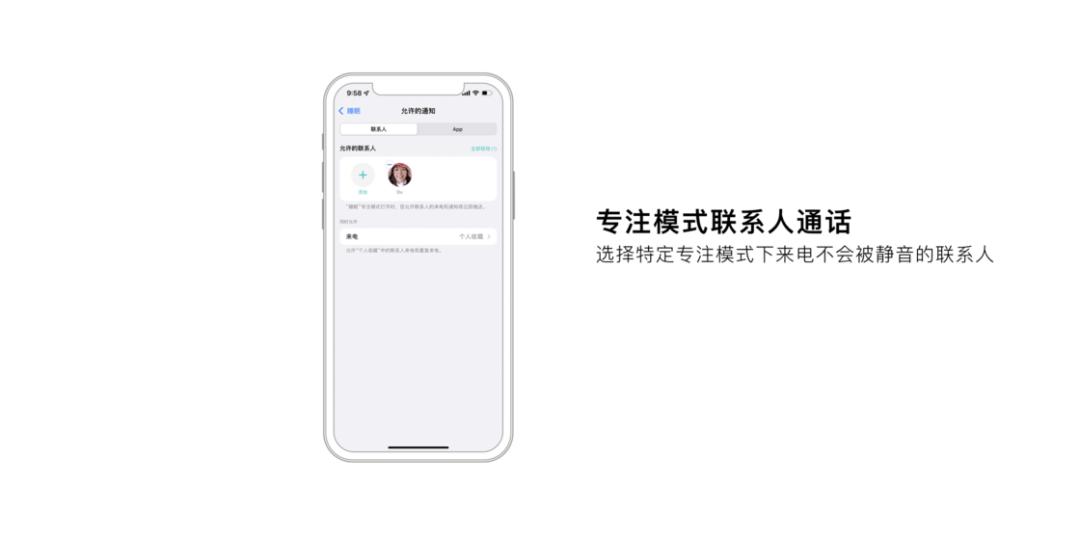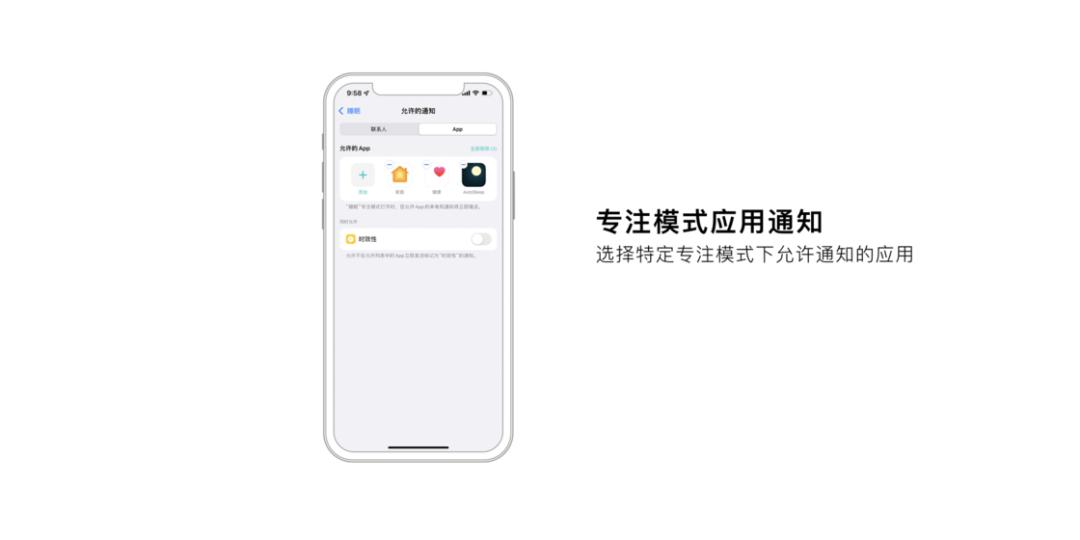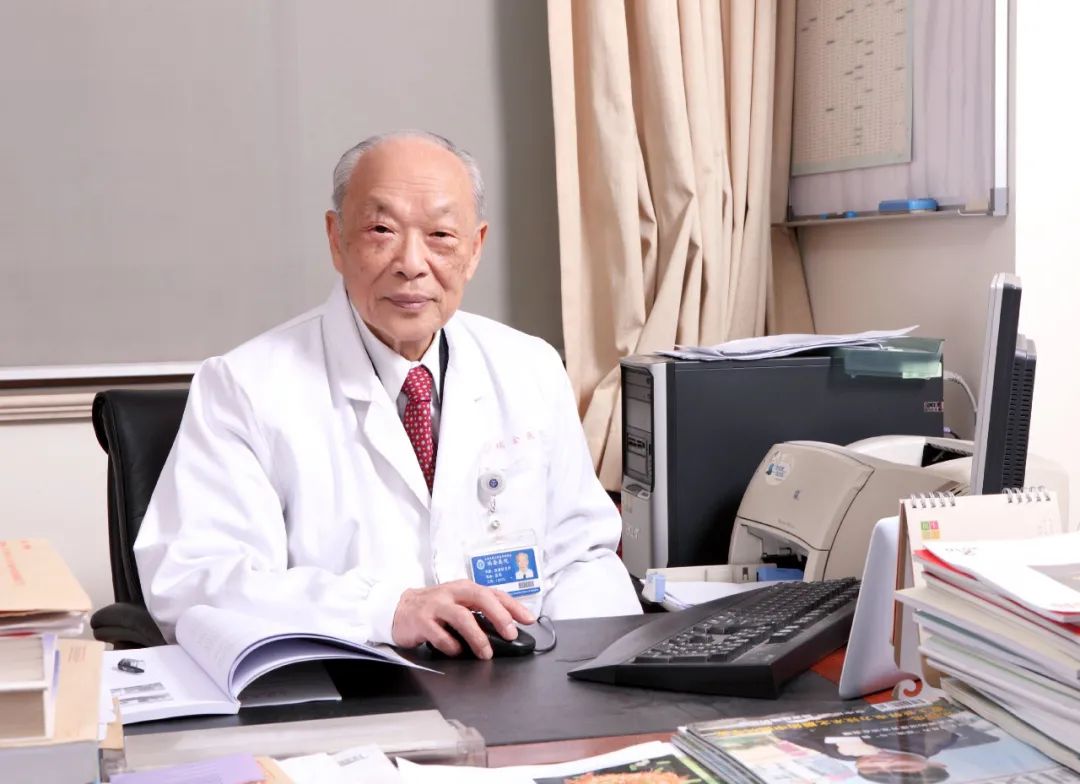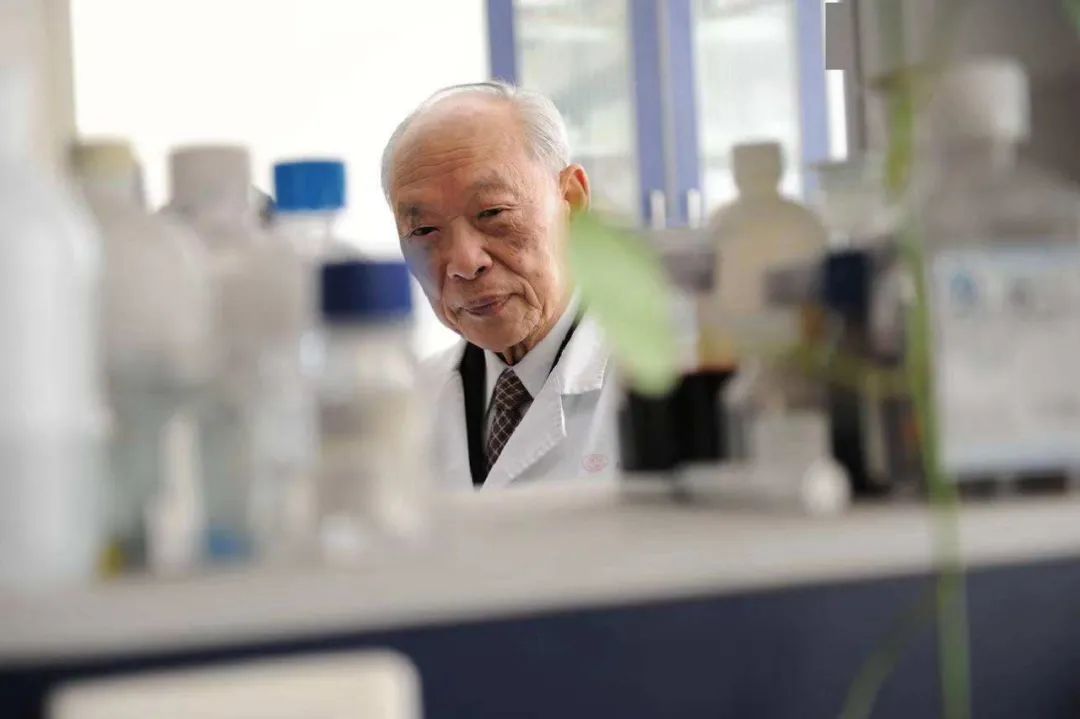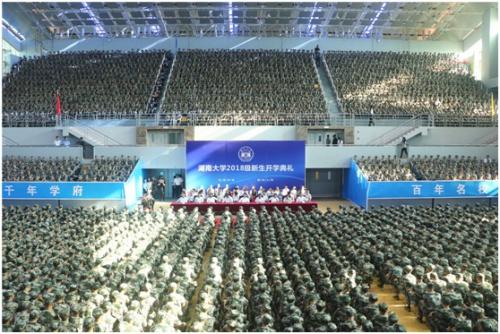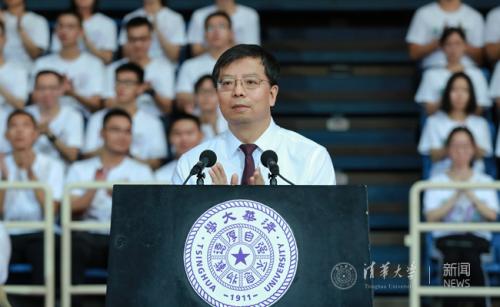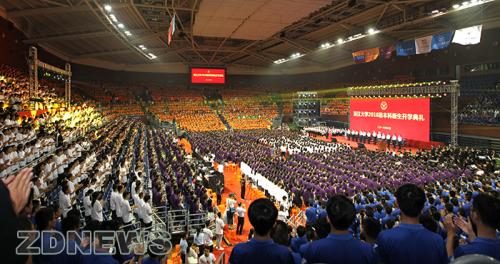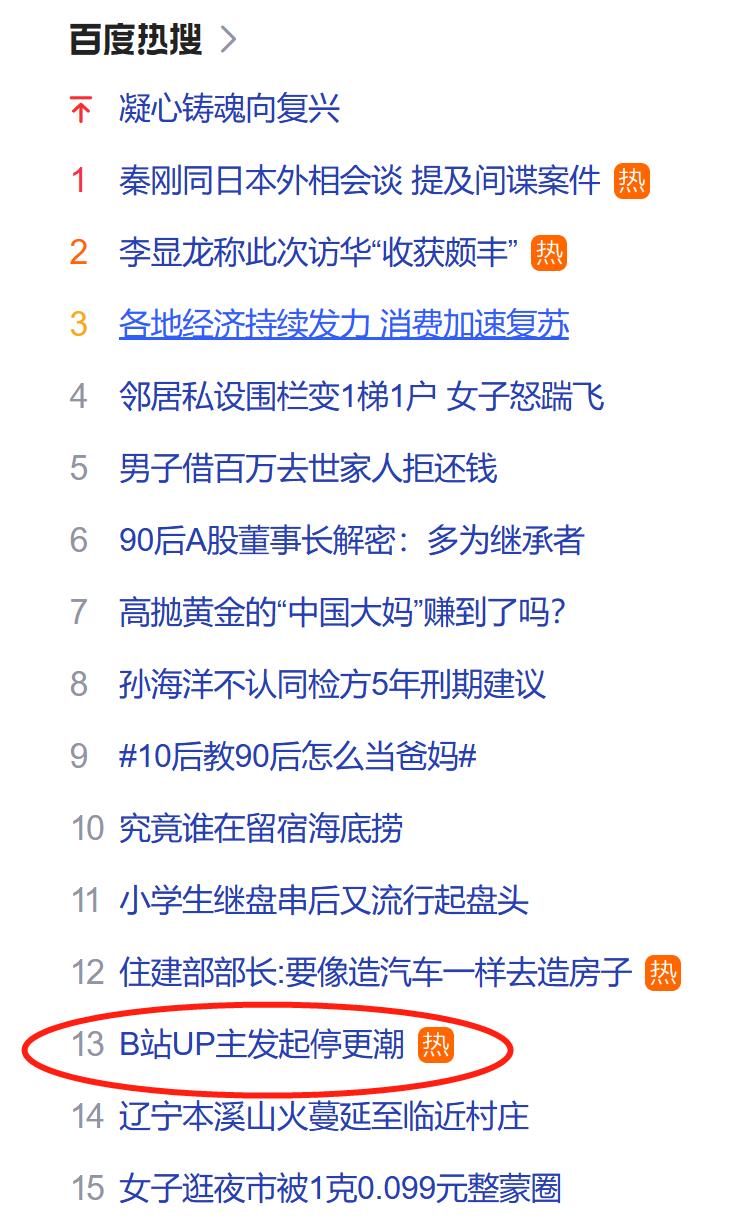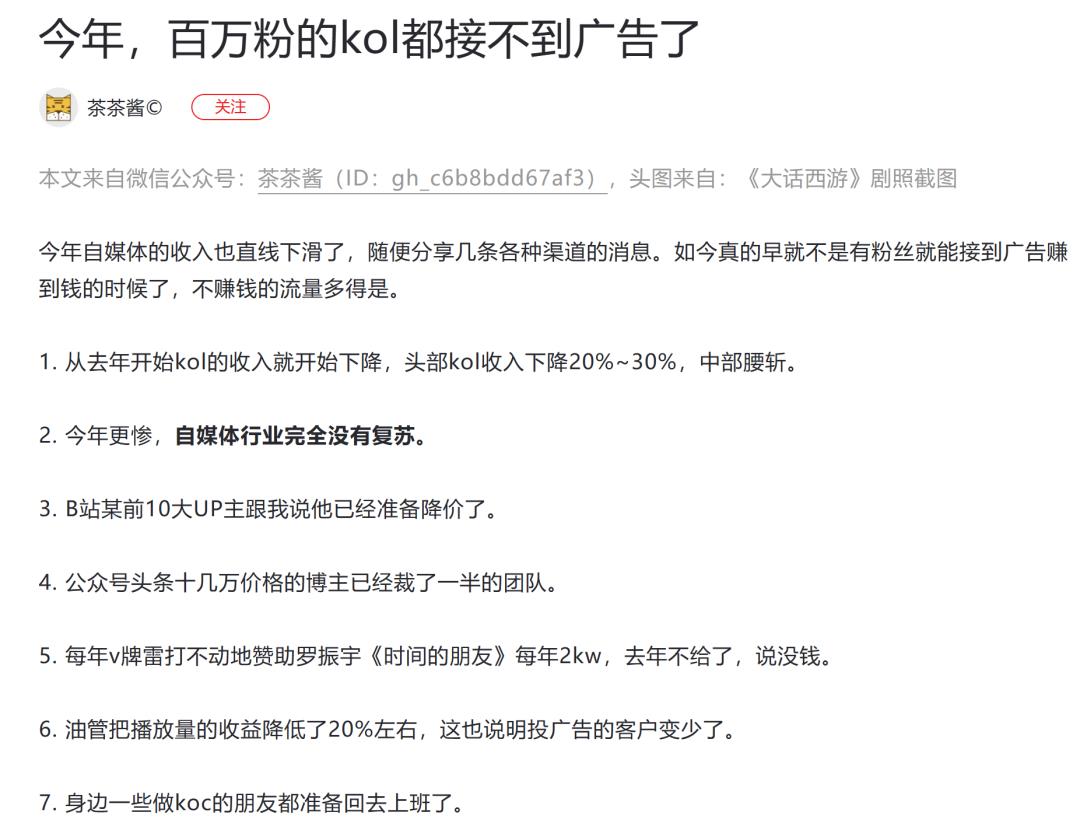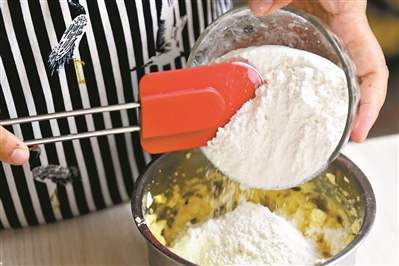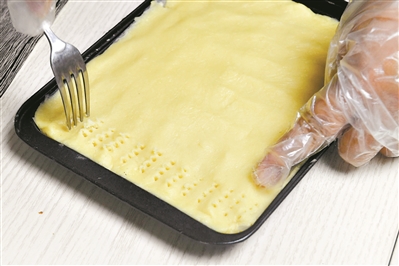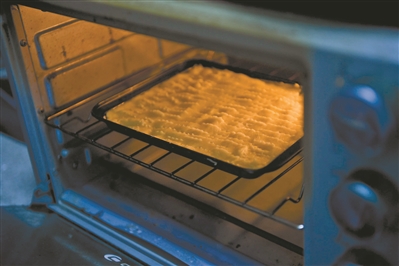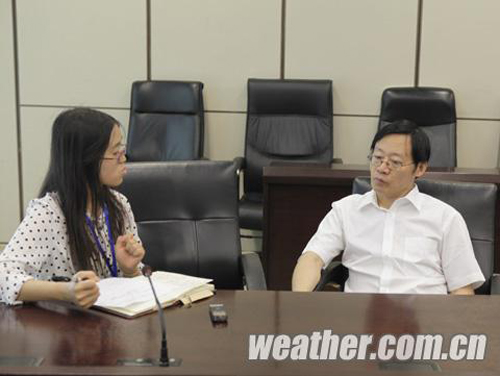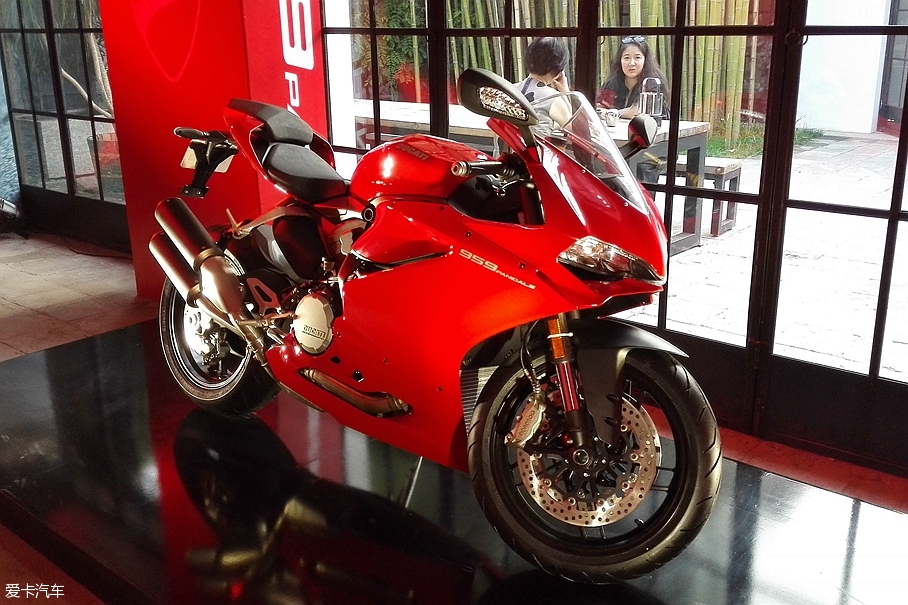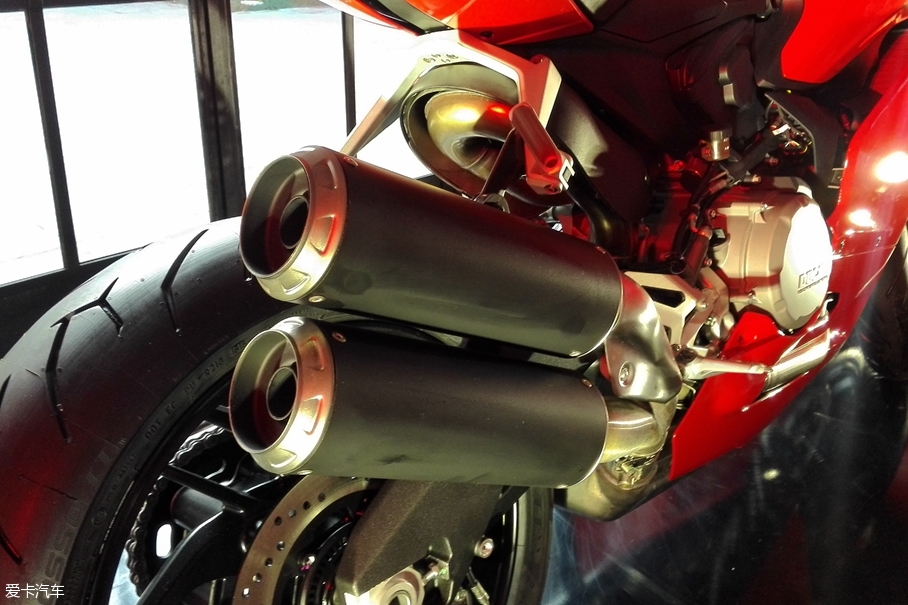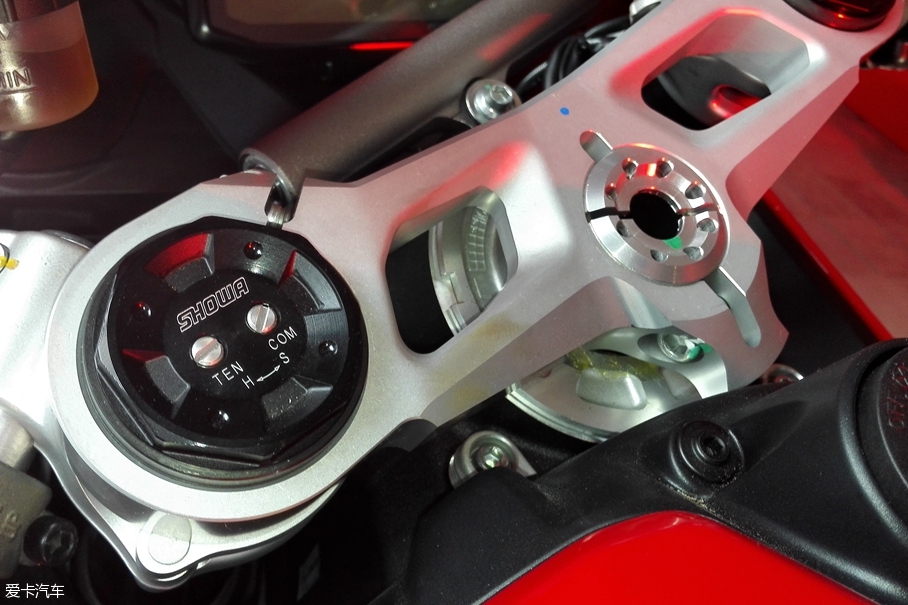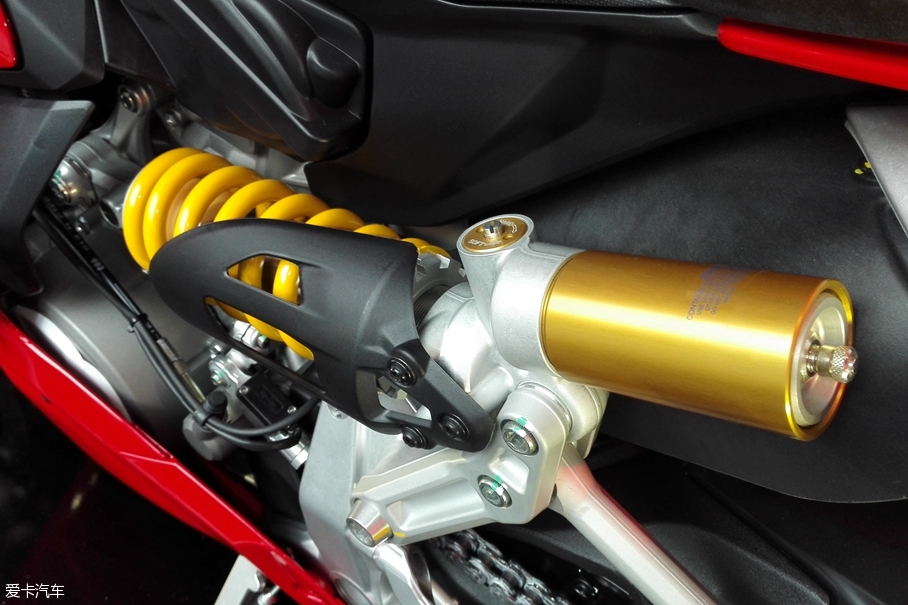Since Apple’s hardware products had their own conference, WWDC Conference (Apple Global Developers Conference) began to return to the essence and became a stage for Apple to show developers the latest systems and software. On this stage, the most eye-catching protagonists are OS X(OS Ten, which stands for 10) of Mac and iOS of iPhone. So what is the development process of OS X and iOS?

Mac OS X 10.0 Cheetah
Mac OS X is the tenth generation system of Mac OS, but it is actually completely separated from the previous MAC OS (Macintosh system), with completely different underlying architecture and more gorgeous visual effects. In the early stage of OS X, it was named after cats, and later changed to the names of California attractions.
On March 24th, 2001, Apple introduced OS X 10.0 Cheetah. Although its operating speed is slow and its functions are not complete, because it rewrote a completely different system, the system kernel has fewer bugs and excellent stability.

Mac OS X 10.1 Puma (jaguar)
On September 25th of the same year, the launch of Mac OS X 10.1 Puma enhanced the running efficiency of Cheetah, and introduced functions such as color management and DVD playback, which was the first default operating system of Mac in OS X version.

Mac OS X 10.2 Jaguar (Jaguar)
On August 24th, 2002, starting from Mac OS X 10.2 Jaguar, Apple officially announced that it would name OS X after cats. This update added as many as 150 functions, and the system interface became more dazzling.
Jaguar is the first version of OS X with official code name, and the OS X system has gained a lot of praise since then.

Mac OS X 10.3 Panther (panther)
Only two months after the last version, OS X has been updated again. Safari, a famous web browser, has replaced IE as the exclusive browser of Apple Mac OS X in this generation, and now it is also the default browser on all Apple devices.

Mac OS X 10.4 Tiger (tiger)
At the WWDC conference in 2005, Mac OS X 10.4 Tiger with more than 200 updates came. Spotlight search was added in this update, and the processing ability of the system in editing pictures and images was greatly improved.
Mac OS X 10.5 Leopard (leopard)
Since 2005, WWDC can see the update of Mac OS X every year. Mac OS X 10.5 Leopard is the first Apple operating system certified as standard UNIX, which has a better interface and can support both PowerPC and Intel-core Macintosh computers.
Mac OS X 10.6 Snow Leopard (snow leopard)
At the WWDC conference in 2008, Jobs officially released the Mac OS X 10.6 Snow Leopard. Now, the Chinese handwriting function and screen sharing function of the touchpad commonly used on the MacBook are added in this generation of systems.
Mac OS X 10.7 Lion (lion)
At the WWDC conference in 2011, Mac OS X, which has been used for many years, was sold in the form of online sale+download. This update is of great significance.
The full range of iLife software has been updated, and functions such as multi-touch and gesture operation have been introduced. The familiar Launchpad interface was also introduced in this version, and programs can be run in full screen. More importantly, a brand-new MacAppStore has been launched, and the AirDrop function that we commonly use now has been added.
From this generation of systems, we can see that iOS, which was born out of OS X, began to have a negative impact on OS X, and the two systems began to have more and more in common.
OS X 10.8 Mountain Lion (puma)
In 2012, OS X 10.8 Mountain Lion was officially released. Since this generation, Mac OS X has officially changed its name to OS X.
This update has strengthened iCloud cloud service, and the connection between Apple devices has become closer, even replacing iCloud, which has been used for many years, with a more powerful Message. In addition, the new system provides more comprehensive support for many popular Chinese functions and services.
OS X 10.9 Mavericks (American surfing resort)
OS X 10.9 released in 2013 did not follow the name of cats (perhaps because the name is running out, XD), but was named Mavericks, a surfing resort in California.
This update focuses on strengthening the function of multi-screen display. The content on each display screen can become an independent working desktop, and the full-screen application and program switching operations will not be affected, which greatly improves the work efficiency of users.

OS X 10.10 Yosemite (beautiful resort)
The latest OS X 10.10 Yosemite interface deeply integrates the flat design style, and uses a large number of ground glass special effects, making the overall look and feel more concise. The new notification center is more flexible, and users can handle notification information more efficiently. It also added global search, iCloud Drive cloud disk, Mail Drop and other functions to further enhance the user experience.
Of course, the most worth mentioning is the Handoff function. As long as the iPhone is within the Handoff recognition range, you can answer, make calls, reply to text messages, emails and other operations on the Mac, which is very convenient.

Looking back at the evolution of OS X, we can find that Apple has always been committed to providing users with an efficient and fast experience, and strives to make the connection between Apple devices closer. This is also the guiding ideology of the iOS system. Let’s review the development of the iOS system!
IPhone runs OS X.
At the beginning, Jobs said that he wanted to run OS X on the iPhone, so the iPhone was equipped with a large screen, multi-finger touch technology, support for gravity sensing, a virtual QWERTY keyboard and a Safari browser, all of which made the contemporary "smart phones" unattainable.
Of course, there are many immature places in the first generation of iOS, such as the inability to replace desktop wallpaper, the lack of App Store, and the lack of support for installing applications. All this is unimaginable now. However, Apple’s idea of building hardware with user experience as the core has not changed.

iPhone OS 2.0
In July 2008, iPhone OS 2.0 was officially released (yes, it was renamed! ), since this generation, Apple introduced the AppStore, where users can download and install apps directly, and they can easily buy paid software. As early as Nokia was still king and Android was not yet a climate, Apple was already building a very popular "ecosystem" in these two years, which created the gap between iOS and Android today.

iPhone OS 3.0
The evolution of iPhone OS 2.0 is huge, and of course the price is high. Apple used the whole generation of iPhone OS 3.0 to improve the functions of the iPhone. Today’s iPhone supports Spotlight search, MMS, video recording, cutting, enlarging, copying and pasting. Oh, by the way, the system running on iPod touch and iPad is also called iPhone OS.

iOS 4
Jobs found that iPhone, iPod touch and iPad all run iPhone OS, which may be inappropriate, so iPhone OS officially changed its name to the familiar iOS.
Multi-tasking is a highlight of iOS 4. In addition, FaceTime, folder creation and other functions have been added.
iOS 5
In iOS 5, Siri, who loves to tell cold jokes and is not fluent in Chinese, began to settle in every iPhone, and the addition of iMessage saved us a lot of SMS fees, as well as the iCloud service that caused several "pornographic photos" incidents. It also officially met with us.
Starting from iOS 5, you can finally get rid of your PC and upgrade your system by OTA.

iOS 6
At the WWDC conference in June 2012, iOS 6 was officially released. Apple abandoned Google Maps, an old buddy who had cooperated for many years, and replaced it with Apple Maps independently developed by Apple. However, when Apple Maps came out, there were many mistakes and omissions, and Cook also issued an apology statement for this.
This update makes Siri smarter and adds a Passbook function, so that users can easily manage their payment information.

iOS 7
When iOS developed to the sixth generation, it basically became perfect, and the style of quasi-materialization was deeply rooted in people’s hearts. At this time, iOS 7 holding high the flat banner came!
IOS 7 not only brings a brand-new flat design style, more dynamic color matching, but also adds a brand-new control center, which strengthens the camera function and makes the multi-task interface clear at a glance. Most importantly, the deep combination of TouchID and the system has opened the way for Apple to deploy mobile payment.

iOS 8
Many iPhone users say that iOS 8 is the worst iOS system in history, and the increased power consumption, poor system stability and poor fluency are all the places where iOS 8 has been criticized.
However, iOS 8 is also the most open iOS system at present. The opening of a large number of API interfaces gives developers more room to play, and you no longer have to jailbreak in order to follow the third-party input method. In addition, the linkage with Apple Watch, the addition of Apple Pay, Handoff and other functions have made iOS 8 even easier to use.

IOS 9 is the next generation of iOS 8, which will undoubtedly further optimize the stability of iOS and make new development in the expansion of functions. Anyway, let’s look forward to what surprises Apple will bring us at the upcoming WWDC!

